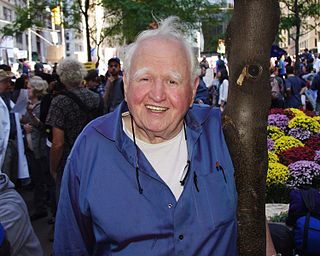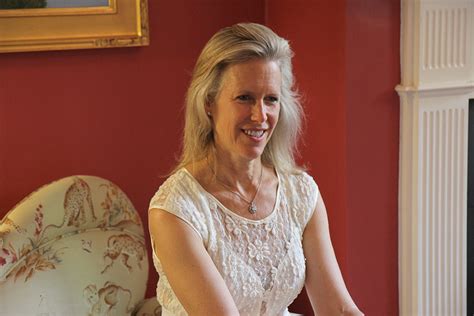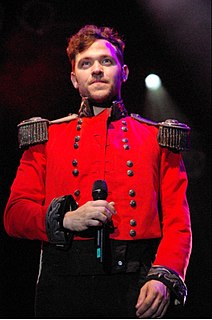A Quote by Malachy McCourt
We are spectators to violence, and therefore are, how well we don't know and make sure we don't know the difference of real violence to that of simulation.
Quote Topics
Related Quotes
I must remind you that starving a child is violence. Suppressing a culture is violence. Neglecting school children is violence. Punishing a mother and her family is violence. Discrimination against a working man is violence. Ghetto housing is violence. Ignoring medical need is violence. Contempt for poverty is violence.
I did not know that the first step in any domestic violence relationship is to seduce and charm the victim. I also did not know that the second step is to isolate the victim. The next step in the domestic violence pattern is to introduce the threat of violence and see how she reacts. We victims know something you [non-victims] usually don't. It's incredibly dangerous to leave an abuser, because the final step in the domestic violence pattern is to 'kill her'. Over 70% of domestic violence murders happens after the victim has ended the relationship.
I have been working with Women's Aid since 2003 when I became the charity's first Ambassador, and am so pleased to be able to be a part of the 'Real Man' campaign against domestic violence. I studied domestic violence at university and feel passionately that we need to raise awareness of violence against women and children and refuse to ignore it. Just by speaking out against domestic violence and being supportive of those directly affected we can all make a positive difference.
We must realize that violence is not confined to physical violence. Fear is violence, caste discrimination is violence, exploitation of others, however subtle, is violence, segregation is violence, thinking ill of others and condemning others are violence. In order to reduce individual acts of physical violence, we must work to eliminate violence at all levels, mental, verbal, personal, and social, including violence to animals, plants, and all other forms of life.
Before I met No I thought that violence meant shouting and hitting and war and blood. Now I know that there can also be violence in silence and that it’s sometimes invisible to the naked eye. There’s violence in the time that conceals wounds, the relentless succession of days, the impossibility of turning back the clock. Violence is what escapes us. It’s silent and hidden. Violence is what remains inexplicable, what stays forever opaque.
It's shocking that so many children still live in fear as a result of violence in the home, and don't know who to turn to for help and support. As a child survivor of domestic violence I can remember the fear and isolation. I'm delighted to support the Hideout, the new Women's Aid website for children and young people. I know it could have made a real difference to me and will provide great comfort and support to thousands of children.
My approach to violence is that if it's pertinent, if that's the kind of movie you're making, then it has a purposeI think there's a natural system in your own head about how much violence the scene warrants. It's not an intellectual process, it's an instinctive process. I like to think it's not violence for the sake of violence and in this particular film, it's actually violence for the annihilation of violence.
All violence is injustice. Responding to violence with violence is injustice, not only to the other person but also to oneself. Responding to violence with violence resolves nothing; it only escalates violence, anger and hatred. It is only with compassion that we can embrace and disintegrate violence. This is true in relationships between individuals as well as in relationships between nations.
Non-violence is a very powerful weapon. Most people don't understand the power of non-violence and tend to be amazed by the whole idea. Those who have been involved in bringing about change and see the difference between violence and non-violence are firmly committed to a lifetime of non-violence, not because it is easy or because it is cowardly, but because it is an effective and very powerful way.




































